Fruits and vegetables are vegan, right? Well, apparently not all of them.
If you’re reading this article, then you might have read somewhere about figs being plants that don’t grow in the most cruelty-free way. Or you might have been telling your fellow vegan friend about a recipe and saw a huge question mark on their face on the mention of figs.
Whether figs are vegan or not is a huge dilemma, without a doubt. So let’s discover the answer to this ultimate question.
What Are Figs and Why Do We Love Them?
Figs, the fruit of the Ficus Carica tree, is a type of enclosed inverted flower that blooms inwardly inside its almond-shaped pod.
Now, because of its unique shape and method of inward growth, figs, unlike other fruits, usually cannot be pollinated by wind or bees. It takes the life-giving sacrifice of a female insect known as the “fig wasp” to pollinate the fig and cause it to bear the sweet fruit we love.
Generally, figs have been said to be a good source of fibre. This is because they contain a wide range of minerals and vitamins, including vitamin A, C, K, and different types of vitamin B.
They also contain calcium, magnesium, potassium, zinc, copper, etcetera. Despite their sweetness, figs have been said to be reasonably low in calories.
So, while we’re confident that figs certainly contribute to a healthy diet thanks to their nutritious goodness, given the relationship between figs and fig wasps during the process of pollination, can vegans eat figs?
The Pollination Process
As we said earlier, the fig, thanks to its unique shape and growth structure, requires the help of an insect simply called the fig wasp to pollinate it.
However, the fig tree is not the only one that benefits from this mutual relationship. The fig tree serves as an incubator for the baby wasps while the adult wasp pollinates the fig fruit, making the tree fruitful; hence the relationship between the two parties is clearly mutually beneficial.
Although this pollination process does not apply to all fig trees, as some commercially grown figs do not require the pollination from a fig wasp to bear fruit, most fig trees will naturally require the intervention of a fig wasp to bear fruit.
This existing natural relationship between fig trees and fig wasps is one of the bases of the argument for those who insist that figs are vegan, but before we discuss the different opinions, how does the pollination process work?
The female fig wasp enters into the fig-pod via a very narrow and tight opening that causes her wings and antenna to be ripped off in a process that renders her unable to leave. Thus, it’s a death sentence as the fig becomes her prison till death.
Furthermore, if the fig she entered is a female fig, the wasp commits reproductive suicide as she cannot lay her eggs in it.
In such circumstances, only the fig tree benefits as the fig will get pollinated, but the fig wasp, left all alone, powerless to escape, is sentenced to death inside the fig.
On the flip side, she can lay her eggs and pollinate the fig if she enters into a male fig. Sadly for her, she is still sentenced to death inside the fig that has become her prison.
The young wasps laid inside the fig then develop and mate with each other. But before they develop into fully-fledged adult wasps, the male wasps, blind and wingless, bite through the fig, creating an opening for the female wasps to fly out, beginning the cycle all over again.
The reason for their existence is now complete; the male wasps, like their mother, die inside the fig. It’s this process of pollination that gives birth to the argument of whether or not vegans can eat figs.
What’s the Argument About?
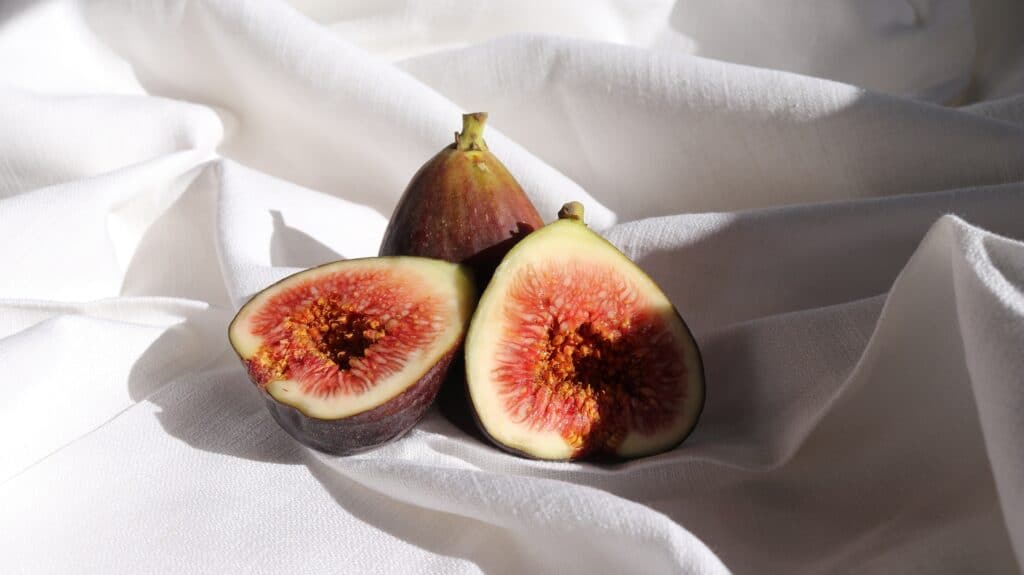
To shed some light on this, we’ll look at what a vegan lifestyle entails.
The vegan lifestyle has been referred to as one that attempts to limit “as far as possible” animal cruelty and exploitation by avoiding all animal-based products, including clothes made from animal skins and the likes.
According to the Vegan Society, “veganism is a way of living which seeks to exclude, as far as is possible and practicable, all forms of exploitation of, and cruelty to, animals for food, clothing or any other purpose.”
With figs being pollinated by a fig wasp that dies in the process, many argue that figs can’t be vegan.
According to this school of thought, the vegan lifestyle includes doing away with everything and anything derived from animals, whether intentional or not, and this includes figs.
As far as this school of thought is concerned, the pollination of figs implies that every fig contains the remains of at least one dead wasp, and wasps being an animal, should not be consumed by a vegan.
On the other hand, another group argues that the relationship between figs and fig wasps is an incident of nature, not staged or influenced by an outside source. So, whether or not they don’t eat figs, the pollination of figs, which includes the death of fig wasps, will still occur, being an event uncontrolled by outside forces.
What Happens to the Remains of the Dead Fig Wasp?
Figs contain a protein-digesting enzyme called Ficin, which totally breaks down and digests the wasp’s body. This enzyme is present in the walls of the fig and ultimately breaks down the wasp, so nothing of it is left.
It’s just like how cows eat grass or how plants can use the remains of a decayed dead animal as manure; either way, you’re not eating grass when you eat cow meat or taking in decayed animal flesh when you eat these plant-based foods.
The same goes here as well. The crunchy parts of the fig aren’t the remains of a dead wasp, as the body of the wasp would’ve been completely broken down by the Ficin enzyme long before you eat the fig.
More importantly, the relationship between figs and fig wasps is wholly natural and beneficial to each party involved; the fig and fig wasp, not being manoeuvred by any outside sources.
Furthermore, if we’re talking about the incidental death of animals, many plant-based foods, considered vegan, might be found to involve the accidental death of animals in their production.
A good example is the incidental death of rats involved in the harvesting of wheat grain. According to PETA, a truly vegan diet should have no attachment of animal cruelty to it, whether passive or active.
But then, the question of how far we should take this statement has been asked. Bees pollinate fruit trees, so are these fruits now non-vegan?
Do I Need to Give Away My Beloved Figs?
It depends!
For a vegan who sees everything in black and white and seeks to avoid anything and everything that has to do with animals and animal death, whether caused intentionally or unintentionally by human involvement or by nature, figs are not vegan to such a person.
However, if you see figs as an end-product of nature, whose pollination is entirely a work of nature outside the intervention or control of external sources, then figs are vegan. So ultimately, it depends on the type of vegan you are!






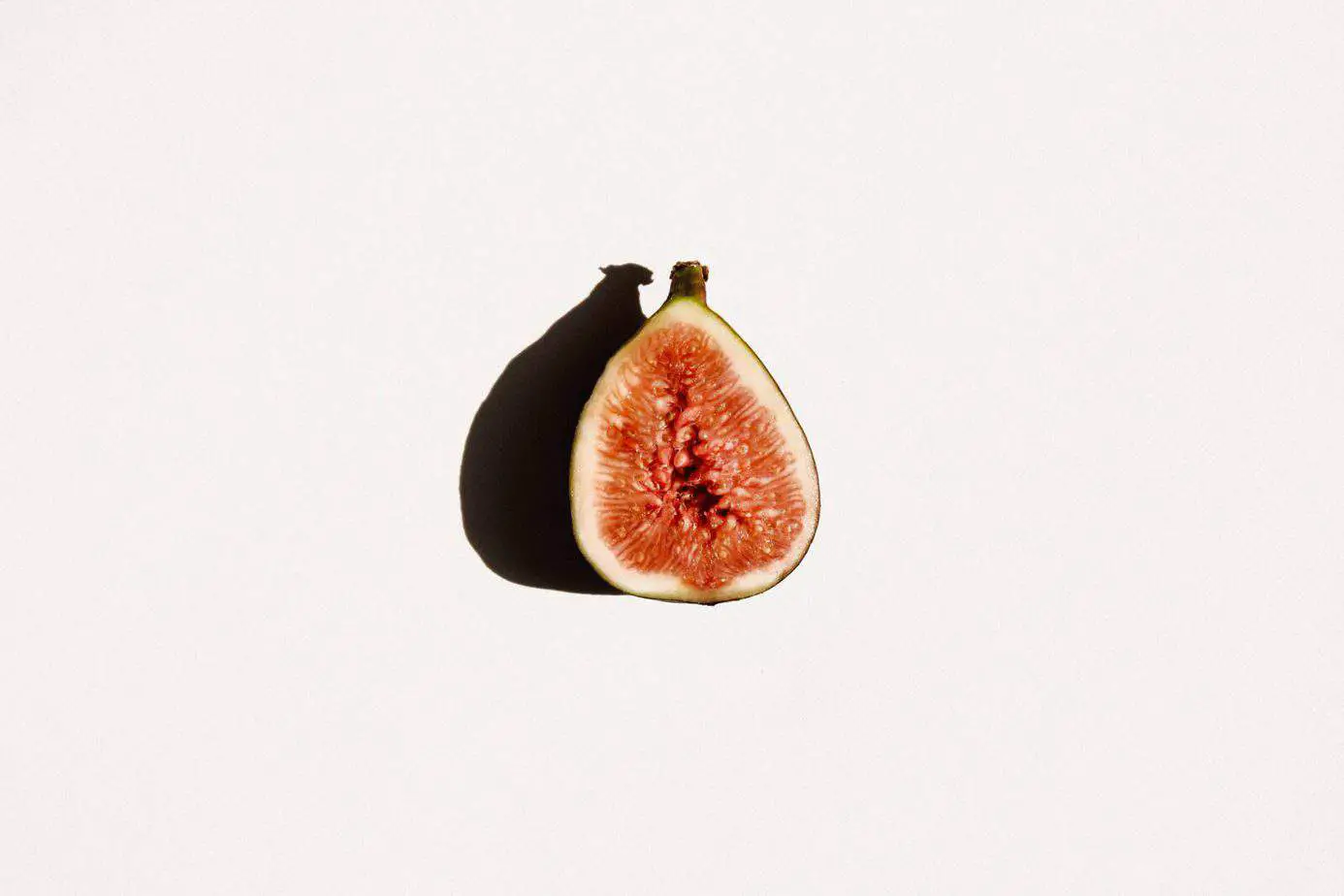


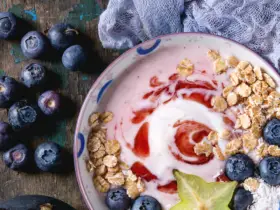
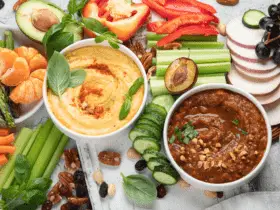
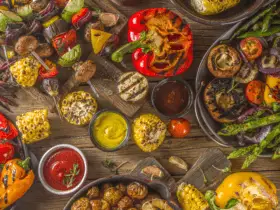
Leave a Reply